‘Better and cheaper’: the case for prostate cancer screening among black men
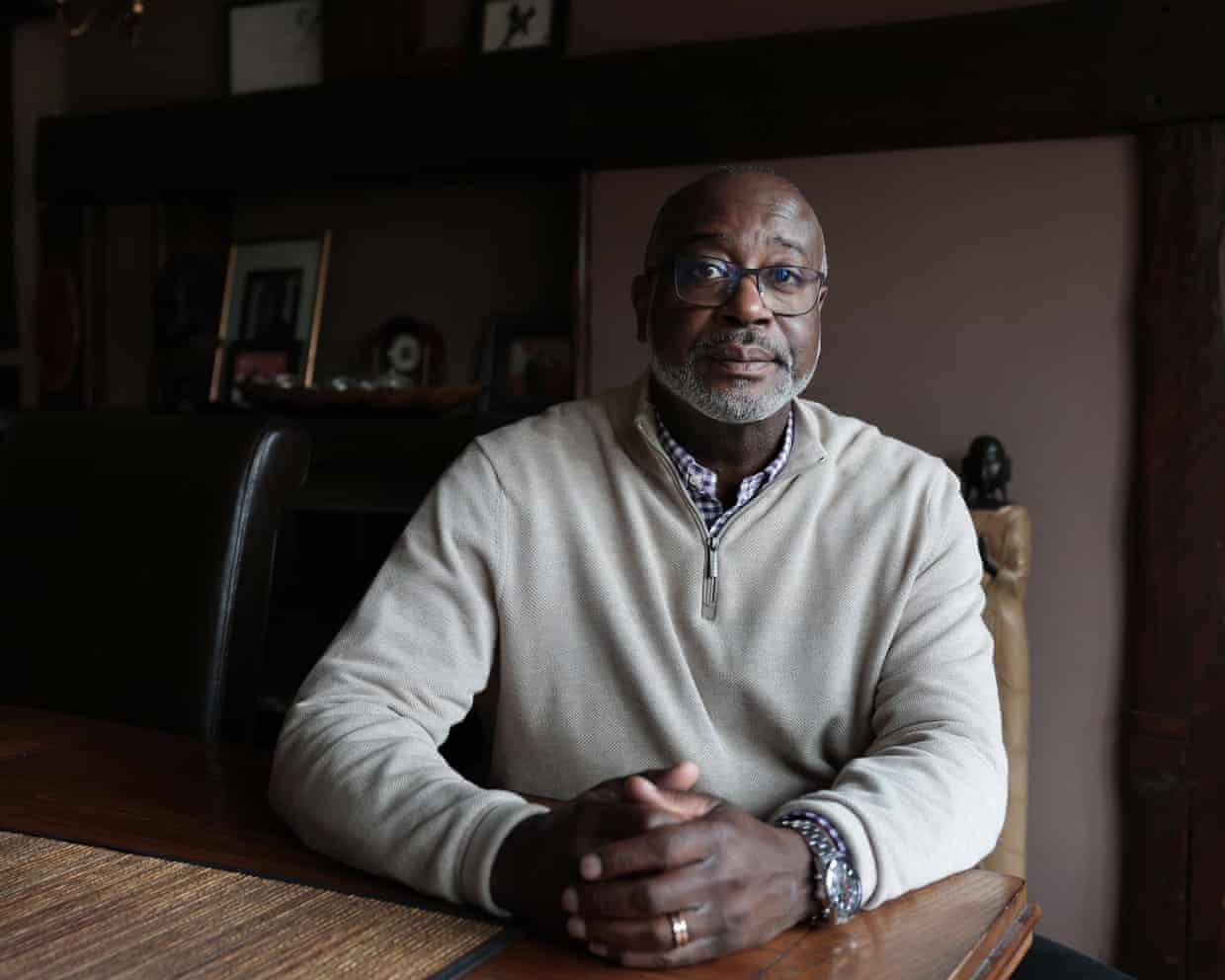
Junior Hemans was having a routine health check in 2014 when he was diagnosed with prostate cancer, at the age of 51,He knew there was an increased risk of the disease in black men so asked to have a prostate specific antigen (PSA) test, which was not initially included,“And when I went, they said I had a raised PSA level for my age,” Hemans said,“[The diagnosis] was a shock … because I had no symptoms,”The PSA test, which is used to check for conditions including prostate cancer or an enlarged prostate, is not routinely offered on the NHS at present.
The fact that Hemans had to specifically request a PSA test is why he strongly believes there should be a national screening programme for men at highest risk from the disease.“Imagine if, back to when I was 51, there was a screening programme already in place [before my diagnosis], I could have been diagnosed earlier,” he says.“A screening programme saves more of the man, and gives us a better and cheaper means of saving that man.”Although Hemans, who has now been successfully treated for the disease, was aware of his increased risk, he said he knew many other black men who did not have the same knowledge.Prostate cancer has overtaken breast cancer as the most commonly diagnosed cancer in England but there is no national screening programme despite there being more than 55,000 new cases annually.
One in eight men will be diagnosed with the disease in their lifetimes, but black men face a much higher risk at one in four.The UK National Screening Committee (NSC) is due to decide at the end of the month whether to recommend introducing an NHS screening programme for prostate cancer and experts are calling for it to be targeted at high risk groups, including black men.Keith Morgan, the associate director of black health equity at Prostate Cancer UK, said the evidence for a screening programme targeted at black men was “particularly strong”, given that they are at an increased risk of late-stage diagnosis as well as experiencing higher mortality rates.“And this can’t simply be put down to where they live, as our latest report shows that, even in the least deprived areas, Black men die from prostate cancer at higher rates than white men in the most deprived areas,” Morgan said.“Leaving screening to chance entrenches these inequalities and feeds a fatal postcode lottery.
“We feel now the evidence should be strong enough for the NSC to recommend targeted screening for Black men.While there are other groups, such as those with a family history of the disease, who we feel could also benefit from targeted screening, the case is strongest for Black men.”The charity has said if the NSC disagrees it will challenge the government to set out a clear plan to tackle late diagnosis and the inequities.Morgan added: “What is clear is that we can’t simply leave it to chance for Black men.If the NSC decides we aren’t ready for screening, the government must act swiftly to fund serious awareness-raising and change outdated guidelines so GPs can proactively talk to Black men about their risk and the choice to have a PSA blood test.
”David James, the director of patient projects and influencing at Prostate Cancer Research, said there was “sufficient evidence” to demonstrate the benefits of a screening programme, starting first with those at highest risk.“So that is black men aged 45 to 69, men with relevant family history of prostate, breast or ovarian cancer of the same age group and people with certain genetic mutations,” James said.“We think that what we’ve demonstrated is that such a screening programme is cost effective and in fact delivers a positive socioeconomic benefit to the country as a whole, and that it won’t overwhelm the NHS.We’re very hopeful that the National Screening Committee and the government will decide in favour of a screening programme.”However, this view is not the consensus among prostate cancer researchers and academics, with some arguing that more evidence is needed to address concerns that a targeted screening programme could lead to potential over-diagnosis.
Naser Turabi, the director of evidence and implementation at Cancer Research UK, said the evidence on targeted screening was still “very unclear”,“There’s a lot of conflicting evidence,” Turabi said,“For example, for black men the [increased risk of prostate cancer] is probably a mixture of environmental and genetic factors,“Although they have a higher incidence of prostate cancer, the PSA test [is] used to detect prostate specific antigen and black men have a higher natural level of PSA, which could lead to over-diagnosis among black men,”For Turabi, grouping all black men together as a general category could be problematic owing to the wide variation in the group.
“I think another issue is that black itself is a social category, which is different from thinking about ancestry,” Turabi said.“It’s possible, and there are some indications that this is true, that some of the genetic risks for people of African ancestry are applied to a subset of what we would describe as black men.“One of the challenges here is that we don’t have as much genomic data regarding black men, people of African ancestry, as we do the general population.”Rhian Gabe, a professor of biostatistics and clinical trials at Queen Mary University of London, agreed.She said: “I don’t think there’s a huge amount of evidence for black men because, unfortunately, I don’t think we’ve got enough research that includes black men in it.
And that’s something we’re trying to address.”Gabe is also the co-lead of the Transform trial, a £42m screening trial by Prostate Cancer UK that aims to find the best methods to screen for the disease.One in 10 participants of the 20-year trial will be black men, a sample size much higher than previous clinical studies.“That’s why we’re aiming to get a high number of black men in our study, because we really need that evidence and we really want to give them the opportunity to participate in our research,” she added.Harveer Dev, an academic urologist at the Early Cancer Institute, University of Cambridge, said regardless of whether the NSC recommends a screening programme, the dial had shifted.
“I think, societal feeling towards this subject needs to be taken into account, if not entirely dictating the decision, at least in part,” Dev added.
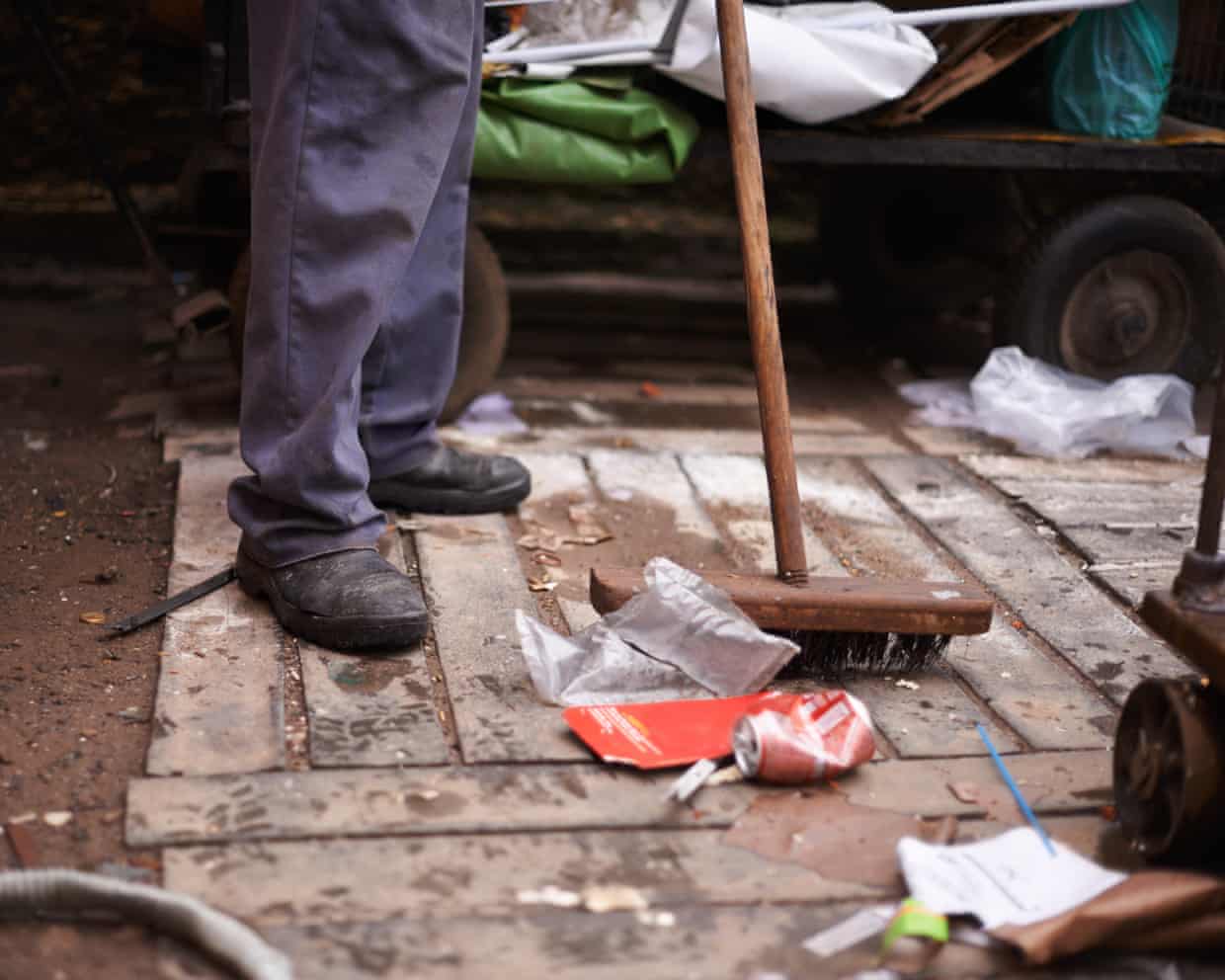
Why is social mobility such an obsession? | Letters
In recent discussions about changes in both the curriculum and forms of examination in English secondary education, one ambition has often been named: that of increasing social mobility.Quite why this aim remains unexamined is unfortunate. Nobody would wish any child to be refused access and support for any number of occupations. But we surely have to ask, as successive governments have not, why a focus on this aspiration obscures the much more socially radical and equitable aim of making all occupations viable, rewarded and respected.Surely there is already sufficient cut-throat competition within the English class system without enshrining ideas which focus on diminishing the value of jobs and occupations to be “escaped” from

‘Better and cheaper’: the case for prostate cancer screening among black men
Junior Hemans was having a routine health check in 2014 when he was diagnosed with prostate cancer, at the age of 51. He knew there was an increased risk of the disease in black men so asked to have a prostate specific antigen (PSA) test, which was not initially included.“And when I went, they said I had a raised PSA level for my age,” Hemans said. “[The diagnosis] was a shock … because I had no symptoms.”The PSA test, which is used to check for conditions including prostate cancer or an enlarged prostate, is not routinely offered on the NHS at present
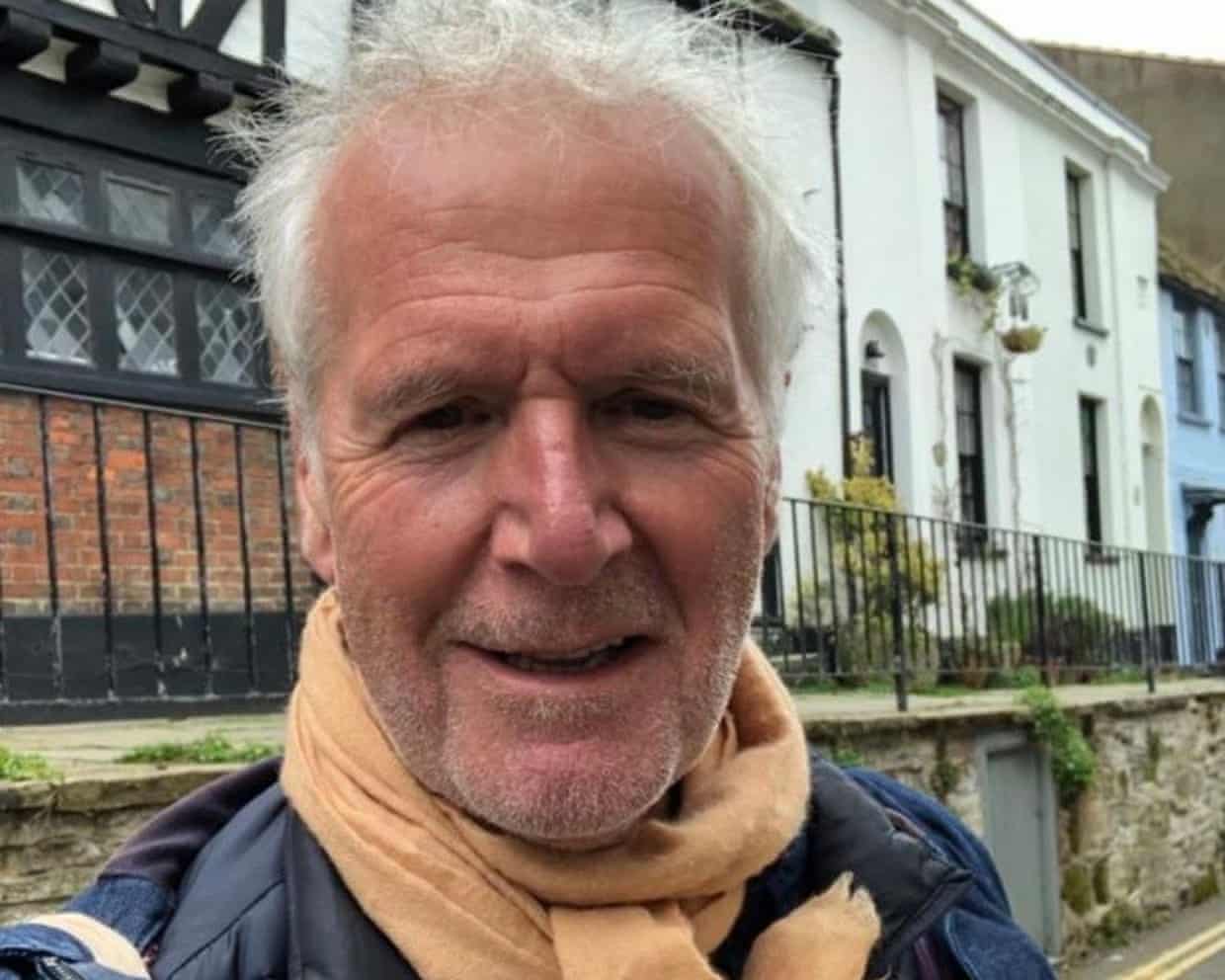
Stephen Dawson obituary
My friend Stephen Dawson, who has died of cancer aged 78, had the questionable luck of being a newly minted urologist when Aids first struck in London in the early 1980s.The son of Philip, a nuclear physicist at the Atomic Energy Research Establishment at Harwell, and May, a housewife, Steve was born in London, went to King Alfred’s school, Wantage, and studied medicine at University College Hospital before qualifying as a fellow of the Royal College of Physicians in the late 70s. The decade that followed was both clinically fascinating and emotionally challenging.Working in genitourinary clinics around London, Steve helped chart the rise of HIV-opportunistic diseases while being able to do little to treat them. It was typical of him that, in 1988, he left Aids medicine in London for the professionally less glamorous Slough, to work as the first consultant in genitourinary medicine in east Berkshire
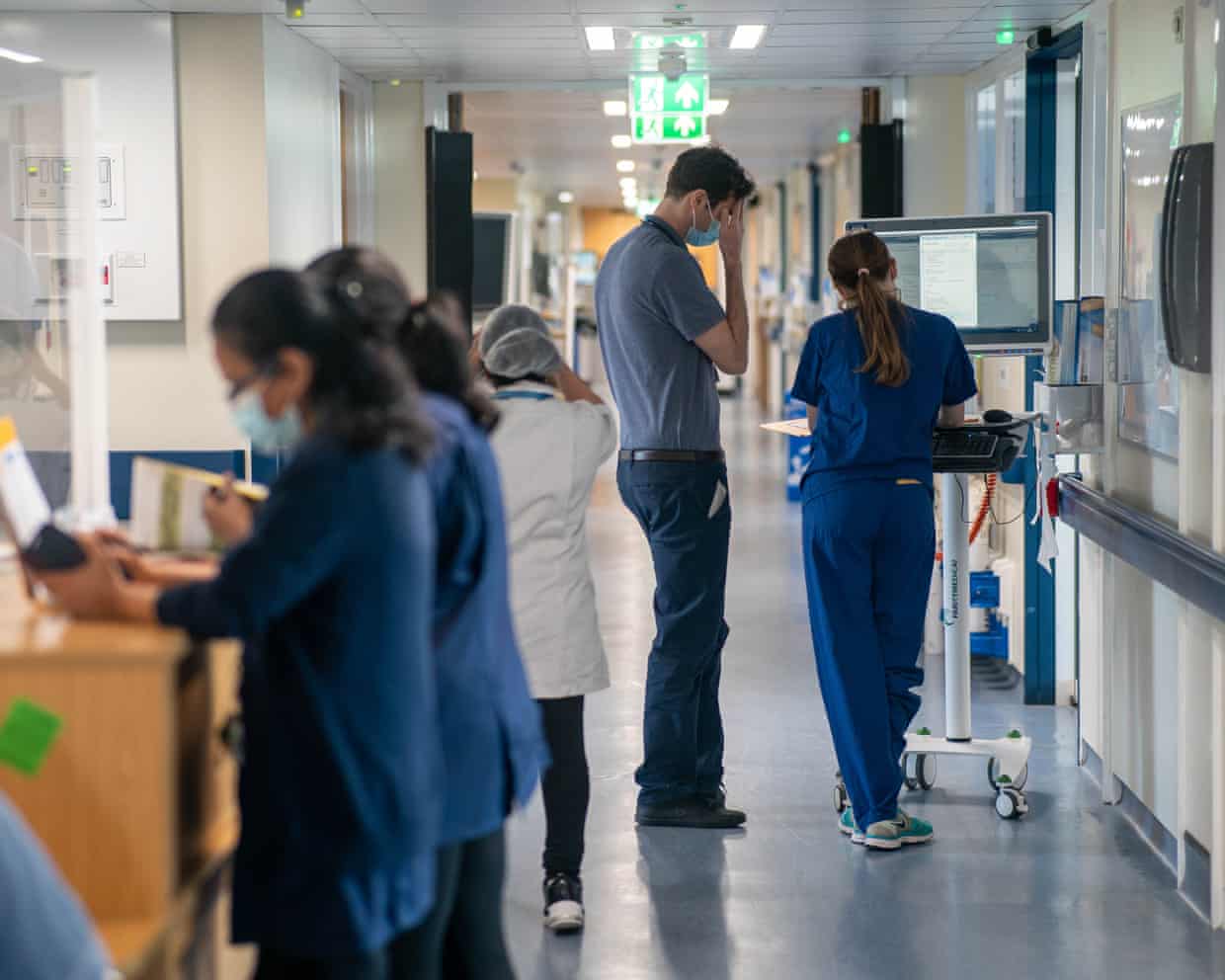
Two-thirds of nurses in UK work while unwell, says union
Nurses across the UK are working while unwell in understaffed hospitals, with stress as the leading cause of illness, according to research.A survey by the Royal College of Nursing (RCN) of more than 20,000 nursing staff found that 66% had worked when they should have been on sick leave, up from 49% in 2017.Just under two-thirds (65%) of respondents cited stress to be the biggest cause of illness, up from 50% in 2017. Seven out of 10 said they had worked in excess of their contracted hours at least once a week, with about half (52%) doing so unpaid.The NHS has more than 25,000 nursing vacancies across England
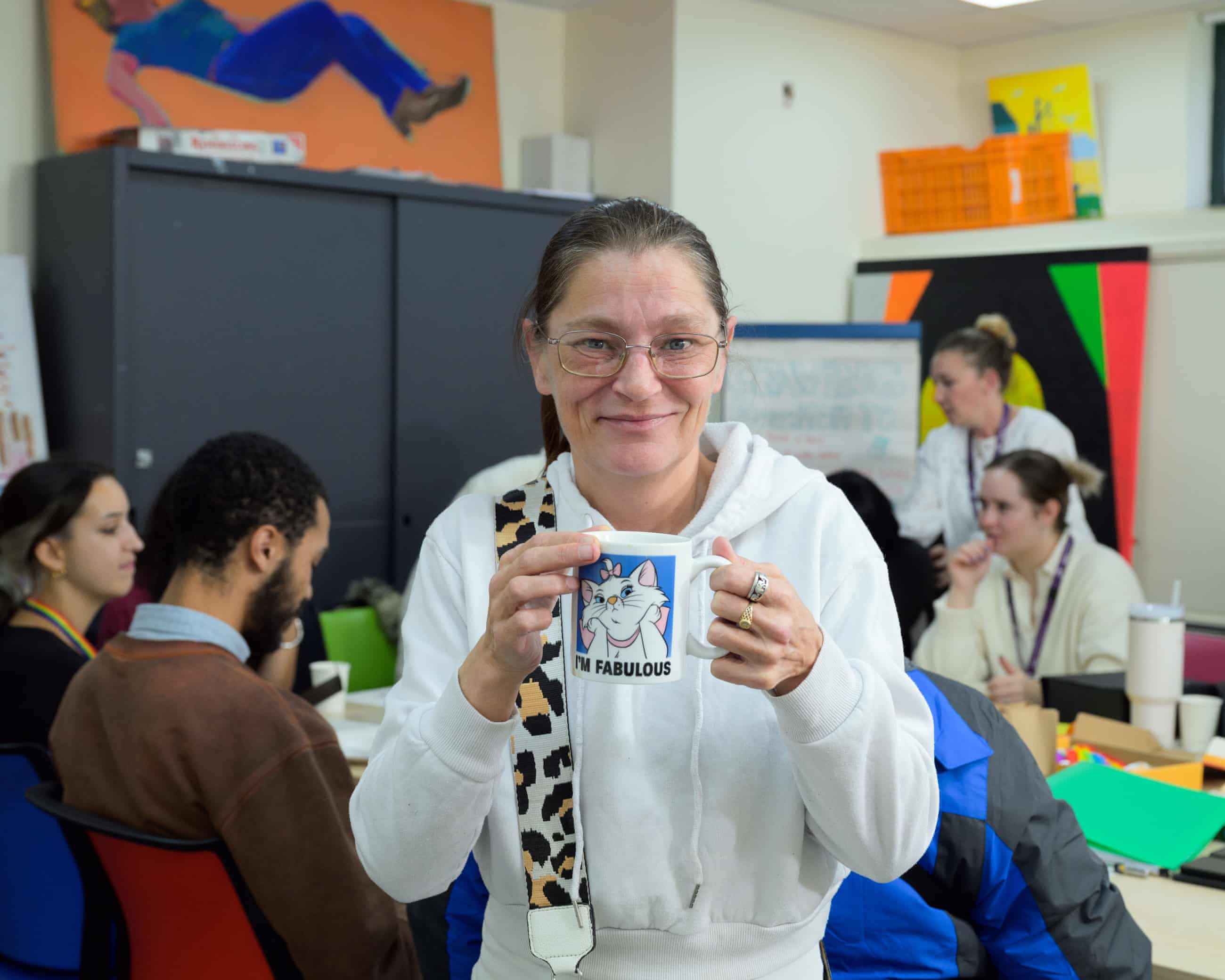
‘I’d run down the road thinking I was God’: a day at the cannabis psychosis clinic
Katie hears voices and has been sectioned 50 times. Isiah became paranoid and tried to kill himself. Both link their illness to cannabis – and the drug is getting more and more potent. Is a tiny London clinic showing the way forward?It’s two years since Isiah found himself on the roof of a south London shopping centre, about to jump. “I was very done,” he says of that night in November 2023
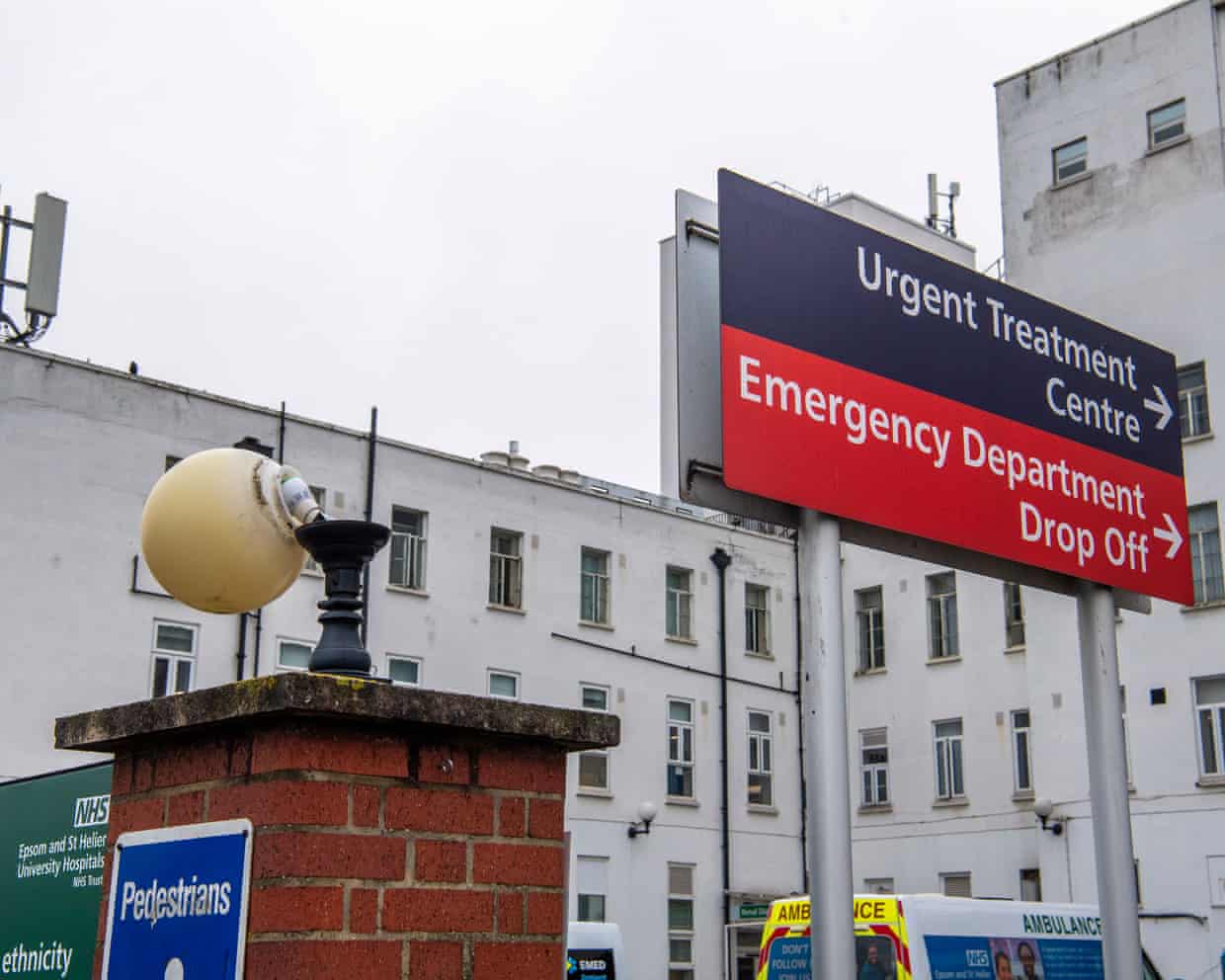
Hundreds of low-paid NHS hospital staff win improved terms after strike threat
Hundreds of low-paid NHS hospital workers are celebrating victory after bosses agreed to improve their terms and conditions following the threat of strike action.More than 330 workers, mainly cleaners, caterers and porters, known as facilities staff, at St George’s, Epsom and St Helier hospital group (GESH) – 98% of those balloted – voted for strike action.Cleaners, caterers and porters were brought in-house four years ago as NHS employees but were denied the same conditions as many other NHS workers, losing millions in pay and other entitlements over the years.The workers said they had been systematically excluded from the NHS’s Agenda for Change (AfC) terms and were prepared to strike unless GESH granted them full AfC contracts.Strike action was averted after a board vote on 6 November approved proposals to implement full AfC contracts

‘Simple, well-crafted and excellent’: supermarket chutneys, tasted and rated | The food filter

It’s not all about roasting on an open fire – there’s so much more you can do with chestnuts

Benjamina Ebuehi’s recipe for apple, brown butter and oat loaf | The sweet spot

Kids have a wobble in the face of rabbit jelly | Brief letters

Think autumn, think Piedmont – wine from ‘the foot of the mountain’

‘I’m now a one-issue voter’: US shoppers fear Italian pasta tariff will cause shortage